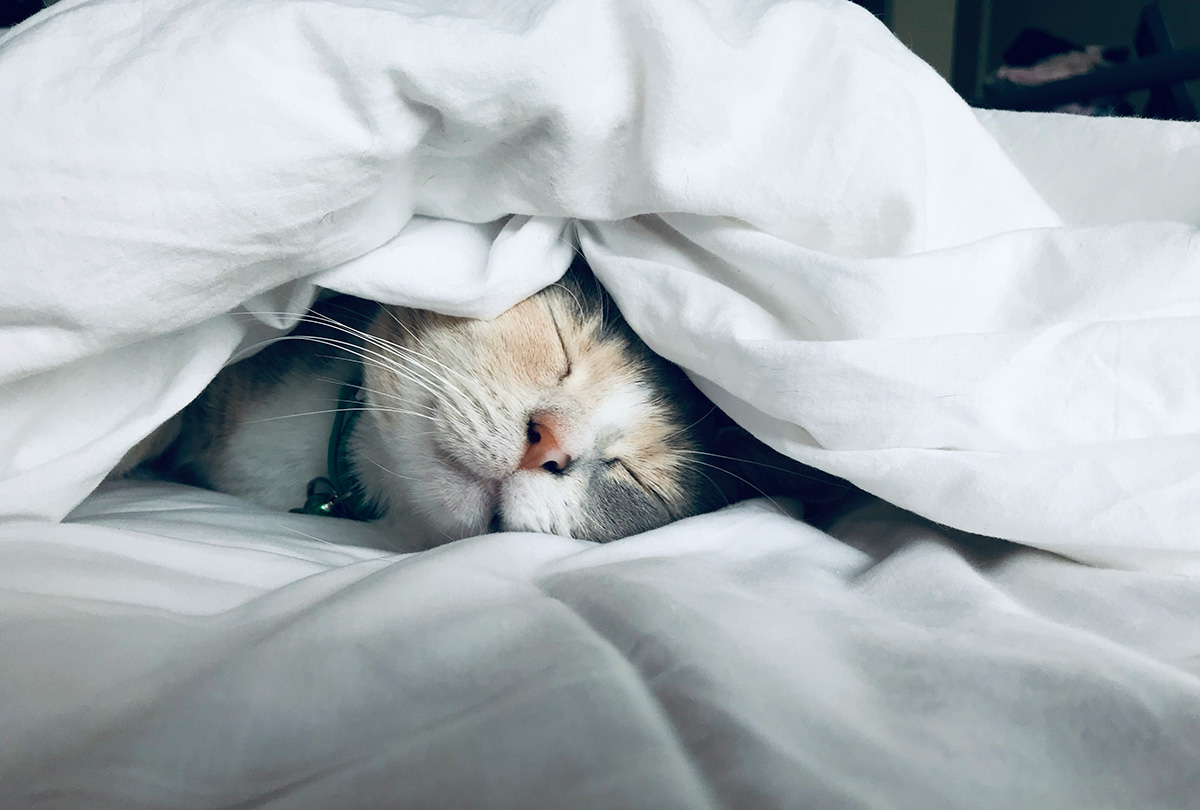In our fast-paced world, where hustle culture often glorifies productivity at the expense of sleep, it’s easy to overlook the importance of quality rest. Yet, sleep is a cornerstone of good health, influencing our physical, mental, and emotional well-being in profound ways. Enter sleep hygiene – a set of practices designed to optimize the quality of your sleep and promote overall wellness.
What is Sleep Hygiene?
Sleep hygiene refers to a series of habits and environmental factors that contribute to healthy sleep patterns. It encompasses everything from bedtime routines to creating an optimal sleep environment conducive to restorative rest. By incorporating these practices into your daily life, you can improve the duration and quality of your sleep, waking up feeling refreshed and rejuvenated each morning.
Why is Sleep Hygiene Important?
Quality sleep is essential for maintaining optimal health and functioning.
• Physical Health. During sleep, the body repairs tissues, boosts immune function, and regulates hormones crucial for metabolism, appetite, and growth.
• Mental Clarity. Sleep plays a vital role in cognitive function, memory consolidation, and emotional regulation. A good night’s sleep enhances focus, creativity, and decision-making abilities.
• Emotional Well-being. Chronic sleep deprivation is linked to increased risk of mood disorders such as depression and anxiety. Prioritizing sleep can help stabilize mood and promote emotional resilience.
• Overall Performance. Whether you’re an athlete, student, or professional, sufficient sleep is key to peak performance. It enhances physical endurance, mental acuity, and productivity.
Given its myriad benefits, cultivating good sleep hygiene is a cornerstone of self-care and should be prioritized alongside diet and exercise.
Few Easy Steps to Improve Sleep Hygiene
Everybody can take steps to improve their sleep quality, and here are a few simple ones you can follow.
• Establish a Consistent Sleep Schedule. Aim to go to bed and wake up at the same time every day, even on weekends. Consistency helps regulate your body’s internal clock, promoting better sleep quality and duration.
• Create a Relaxing Bedtime Routine. Engage in calming activities before bed to signal to your body that it’s time to wind down. This could include reading, practicing relaxation techniques like deep breathing or meditation, or taking a warm bath.
• Optimize Your Sleep Environment. Make your bedroom a sanctuary for sleep. Keep the room cool, dark, and quiet to minimize disruptions. Invest in a comfortable mattress and pillows that support your body’s natural alignment.
• Limit Stimulants and Electronics Before Bed. Avoid caffeine and nicotine in the hours leading up to bedtime, as they can interfere with your ability to fall asleep. Additionally, minimize exposure to screens emitting blue light, which can disrupt your body’s natural sleep-wake cycle.
• Establish a No-Screen Zone. Aim to power down electronic devices at least an hour before bed. Instead of scrolling through your phone or watching TV, engage in relaxing activities that promote restful sleep.
• Mind Your Diet and Exercise. Maintain a balanced diet and incorporate regular physical activity into your routine. However, avoid heavy meals and vigorous exercise close to bedtime, as they can interfere with sleep.
• Manage Stress and Anxiety. Practice stress-reduction techniques such as mindfulness, journaling, or gentle yoga to calm the mind and promote relaxation before bed.
• Seek Professional Help if Needed. If you consistently struggle with sleep despite adopting good sleep hygiene practices, consider consulting a healthcare professional. They can help identify underlying sleep disorders or recommend treatments to improve your sleep quality.
In conclusion, prioritizing sleep hygiene is a powerful investment in your health and well-being. By incorporating these simple yet effective strategies into your daily routine, you can unlock the restorative benefits of a good night’s sleep, paving the way for a happier, healthier life. Remember, quality sleep is not a luxury – it’s a necessity for thriving in today’s busy world.
